As the number of U.S. coronavirus cases and related fatalities climb, the pandemic has given us a blunt reminder to get our financial affairs in order. But what does that mean for the average person?
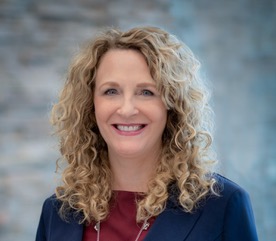 Tresi Moore Weeks, founder of the Weeks Law Firm in Plano, Texas, has dedicated her career to helping families plan for healthcare and financial questions that are necessary part of every life. She refers clients to PyxisCare Management for care coordination services.
Tresi Moore Weeks, founder of the Weeks Law Firm in Plano, Texas, has dedicated her career to helping families plan for healthcare and financial questions that are necessary part of every life. She refers clients to PyxisCare Management for care coordination services.
As an attorney who practices estate and special needs planning, Weeks understands the issues first-hand — she navigated end-of-life decisions with her own mother, who died of cancer.
“Most people don’t want to think about it. We think we will live forever,” she says. “Sometimes it makes people feel uncomfortable. Some people just don’t understand the importance of planning and that it makes it so much easier for their families.
“I tell my clients that they are leaving a loving legacy for their family members, that it’s a loving thing to do.”
Weeks credits Texas Gov. Greg Abbott with temporarily suspending in-person notary rules this spring to allow legal documents to be notarized by video conference. The change makes it easier for families to sign or update documents during the ongoing pandemic, when social distancing is critical for older people and others with health concerns.
She shared her list of the essential legal documents that every adult should maintain:
1. Durable Power of Attorney. This document authorizes another person to act on another’s behalf and grants them the power to sign the person’s name, pay bills and handle financial and other business matters.
2. Medical Power of Attorney. This document is signed by a competent adult and designates a trusted person, or agent, to make health and medical decisions for on the person’s behalf should that person be unable to make such decisions.
3. HIPPA Release. Named for the Health Insurance Portability and Accountability Act of 1996, this document notifies medical providers that they have permission to share protected health information with the listed person or persons.
4. Directive to Physicians. Also known as a “living will,” this document states whether the person wishes to remain on life support if there is no chance of survival without it. are come into play if a person is brain dead or at the end stage of a terminal illness.
“It takes that terrible decision away from the family,” Weeks says. “To me, that’s a very loving thing to do.”
5. Will or Living Revocable Trust. A will lays out how assets should be distributed after person’s death; a living revocable trust takes effect immediately and appoints a trustee who can handle affairs if the person becomes incapacitated or dies. Weeks says both documents, if done correctly, may reduce unnecessary court involvement in a person’s estate and often reduce expenses for surviving family members.
 Similar documents are needed for families with children living with disabilities, Weeks says. A Special Needs Trust can be created to hold assets for the child without preventing the child from qualifying for public benefits, such as Medicaid.
Similar documents are needed for families with children living with disabilities, Weeks says. A Special Needs Trust can be created to hold assets for the child without preventing the child from qualifying for public benefits, such as Medicaid.
A last bit of advice: Update your documents regularly. Weeks asks her clients to revisit key documents every three years.
“Setting all this out reduces stress and potential conflict among your survivors,” she says. “The relationships are most important. You may not eliminate all conflict, but you can reduce the risk significantly.”

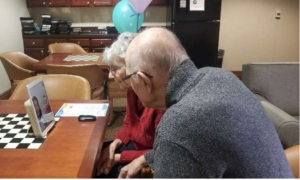
 moved beyond the initial
moved beyond the initial 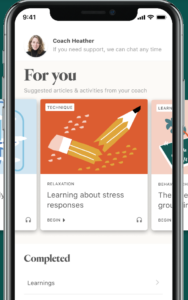 healthcare provider over computer, phone or other device.
healthcare provider over computer, phone or other device.

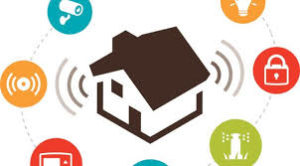
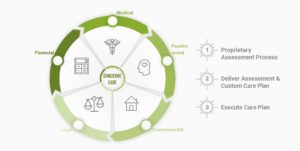 behalf of their clients. Partnering with fiduciaries for client care management is one of our essential missions, and we know that those professionals may be feeling extra stress in these days. Psycho-social care, in fact, is one of the five aspects of the PyxisCare Management model. Our team members also provide support to address medical environmental, legal and financial needs for clients. We’ll do a deeper dive into those topics in future weeks.
behalf of their clients. Partnering with fiduciaries for client care management is one of our essential missions, and we know that those professionals may be feeling extra stress in these days. Psycho-social care, in fact, is one of the five aspects of the PyxisCare Management model. Our team members also provide support to address medical environmental, legal and financial needs for clients. We’ll do a deeper dive into those topics in future weeks.
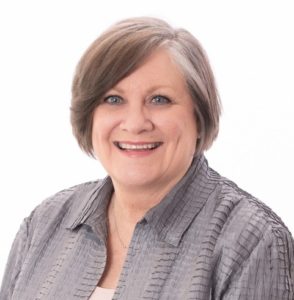
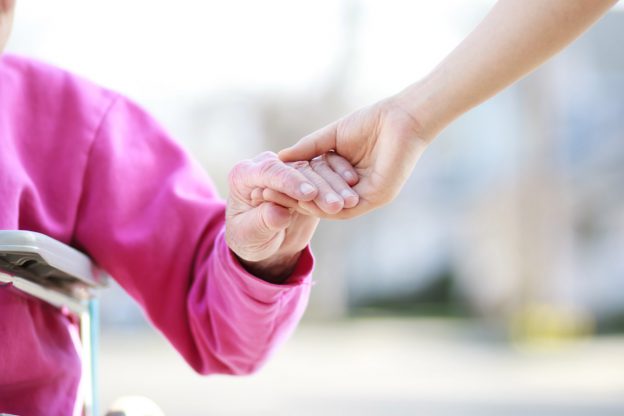
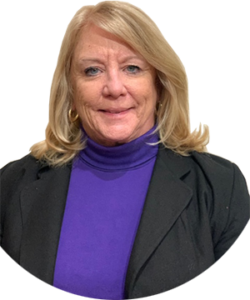 My earliest experiences in the healthcare business taught me that caring for people requires a holistic approach.
My earliest experiences in the healthcare business taught me that caring for people requires a holistic approach.